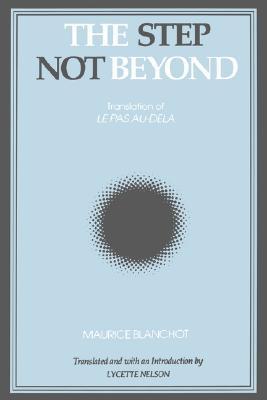What do you think?
Rate this book


164 pages, Paperback
First published October 5, 1973
Unknowledge would like to pass itself off as a response to dread's absence of why. But it is its empty echo, its immobile repetition, unless, repeating it or preceding it, it is this night in which dread has already lost itself under the attraction of the loss that it maintains and that maintains it, night without speech of the night without image.